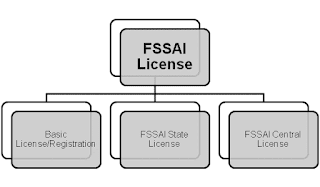Strategic Management Short-term objectives
Strategic management tends to focus on long-term goals that
can take several years, but managers need to be aware of the importance of
short-term goals in corporate strategy. Short-term strategies can fall into one
of four categories. Managers should understand what these goals are and how
they can benefit a company.
Financial goals
Short-term financial goals address monetary objectives for
the near future. Examples of short-term financial goals include increasing
monthly profits or decreasing quarterly expenses. Short-term financial goals
are often part of a longer-term goal. For example, increasing monthly revenue
can be part of a long-term business strategy for
growth.
Employee goals
A company can have a long-term development strategy for its
employees, but to achieve long-term goals it is first necessary to achieve
short-term goals. Employees' short-term goals could include increasing personal
monthly production levels or increasing weekly personal sales, among others.
Production objectives
Production objectives are generally short-term goals. Common
short-term production targets increase monthly production levels, decreasing
daily error rates and increasing quarterly production efficiency. Normally,
these short-term goals are part of a long-term strategy. For example, the
increase in monthly production could be part of a long-term strategy for
regular sales growth and a long-term plan to increase profits may require an
increase in short-term sales targets.
Sales objectives
Sales targets can be long-term goals, but they are usually
focused on the short term - often with daily goals or even schedules.
Short-term sales can be measured in both sales value and sales number. In
general, short-term sales targets are adequate to react to a company's
long-term strategies.


Comments
Post a Comment